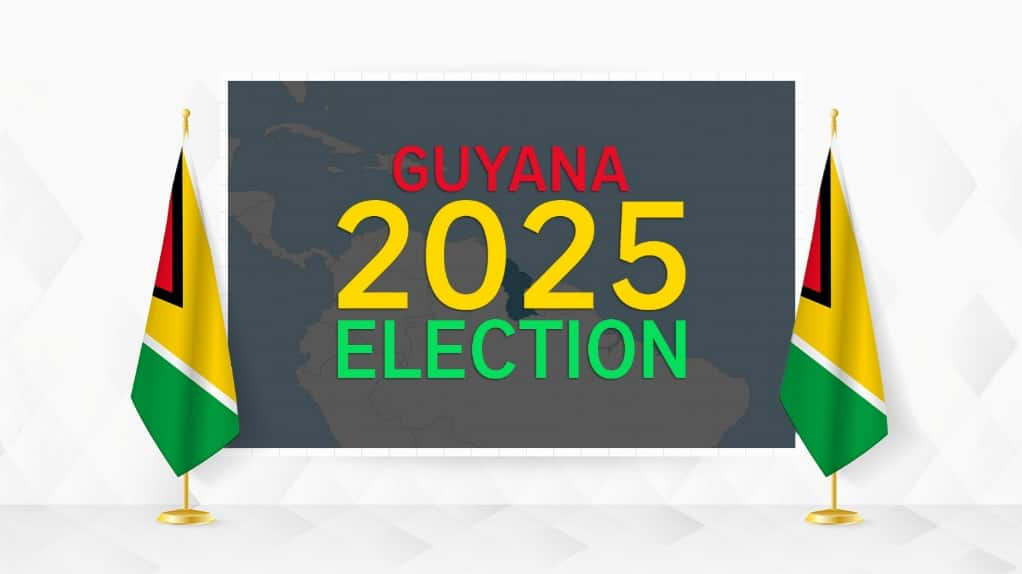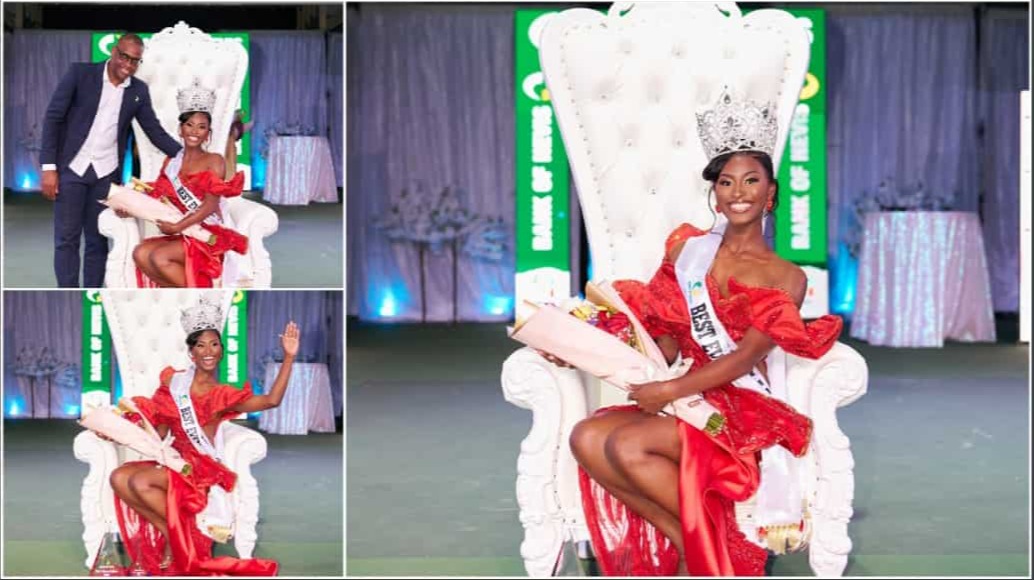Guyana Elections 2025: Cellphones banned in polling stations to protect ballot secrecy
GECOM announced new strict measures on Facebook, stating they aim to protect the sanctity and secrecy of the ballot.

Guyana: Citing fresh concerns over ballot secrecy and vote selling, the Guyana Election Commission (GECOM) have doubled down on their provisions announcing a ban on the use of cellphones within polling stations during the upcoming September 1 General and Regional Elections 2025 in the country.
GECOM announced the new strict measurements in a press release on their Facebook official page stating that the decisive action is aimed at protecting the sanctity and secrecy of the ballot.
The Election Commission said that the prevention of cellphones in the polling stations is strived at addressing the existing concerns related to the possible vote selling which is directly linked to photographing of ballots.
In the statement GECOM referred to the penalties that are related to vote selling through use of cellphones in accordance with the People Act, Cap. 1:03.
Therefore, considering the crucial importance to protect the electoral process, the Guyana Election Commission has decided to issue a number of guiding rules in order to protect the secrecy of the ballots while ensuring that every citizen of can cast their votes freely, without any undue influence.
Apart from this, the Election Commission said that it will be implementing several measures in order to protect voters and ensure that there will be no sign of vote selling. These include posting a clear as well as prominent notice by the entrance and also within every polling station which should explicitly mention in words and pictures and the use of mobile phones is strictly banned.
Another measure is continuous announcement for all voters on the polling day, informing them to switch off their mobiles before entering the stations and they are also required to carry a National ID Card of valid Guyana Passport or Driver’s Licence as the case may be.
Moreover, the voting compartments will be strategically positioned in a way to allow GECOM staff and accredited party agents to observe if a voter is trying to use his/her phone to take a photo of his/her ballot.
If a voter is seen trying to take a photo of their ballot, GECOM staff and Party Agents will alert others to stop the action. If a voter is caught photographing their ballot, a formal note will be made, and a report will be sent to the Guyana Police Force for investigation.
A desk or table will be set up next to each voting booth where voters must place their cell phones before casting their vote. This ensures that all phones are kept in a visible spot during the voting process. GECOM officials will clearly instruct every voter to put their phone on the desk or table before entering the booth, and this rule will be applied the same way for everyone, said the Election Commission.
The Election Commission further assured citizens that the decisions made are made in line with the best practices for election administration. Which often includes provisions in order to prevent electoral fraud, protect ballot secrecy and all voters involved.
To underscore the seriousness of the offense if anyone is caught using cellphones or photographing ballots during the electoral process. GECOM aims to collaborate with the Guyana Police Force to catch any electoral fraud committed.
GECOM went on to list the list of penalties that someone who is caught committing the offense might be subjected to. Not only this, but offenders found guilty of selling their votes will be liable to a fine of G$65,000 or/and imprisonment for a term of 6 months.
Author Profile
Monika Walker is a senior journalist specializing in regional and international politics, offering in-depth analysis on governance, diplomacy, and key global developments. With a degree in International Journalism, she is dedicated to amplifying underrepresented voices through factual reporting. She also covers world news across every genre, providing readers with balanced and timely insights that connect the Caribbean to global conversations.









